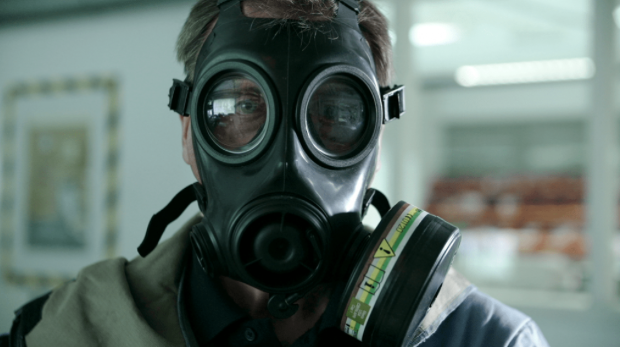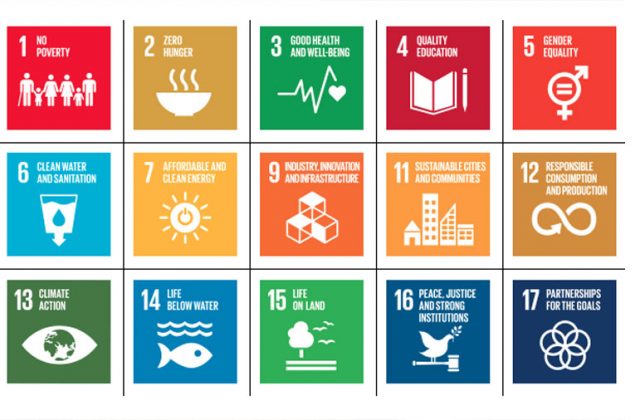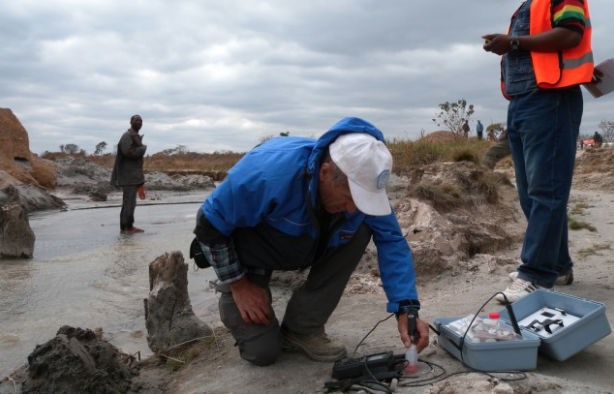
The Green Cross Environmental Security and Sustainability (ESS) Programme remains focused on the interface between security and sustainability, including around chemical weapons elimination and nuclear non-proliferation.
There remains heightened interest in chemical weapons demilitarization due to the on-going Syria crisis, which was doubly recognised in 2013. That year the Right Livelihood Award – known as the alternative Nobel Prize – went to Green Cross and ESS Director Paul Walker, while the Nobel Peace prize was awarded to the Organisation for the Prohibition of Chemical Weapons (OPCW) in The Hague. (More information can be found at www.rightlivelihood.org and www.opcw.org.
The ESS programme also continues to focus on biological weapons, especially in the lead-up to the Biological Weapons Convention (BWC) Review Conference in 2016, and last but certainly not least on nuclear weapons, non-proliferation and fissile materials – all challenging, very important, and current issues for global security and sustainability.
Some 20,000 nuclear weapons are stockpiled in nine countries – enough to destroy civilization many times over. There is enough military and commercial fissile material around the world to build 100,000 more nuclear bombs. Over 18,000 tons of deadly chemical agents are stored in the United States, Russia, Libya, Iraq and beyond. Land and sea are littered with unexploded bombs, dumped munitions and military pollution.
Poorly regulated mines harm the health of many workers, plus people living nearby, and damage the environment. Communities are often ill prepared to prevent manmade or natural disasters or respond in their wake, resulting in great human and economic loss. See the following videos for more information:
Nonproliferation, arms control, disarmament
Pollution reduction, toxic waste cleanup
Environmental emergencies preparedness
The ESS Programme has also emphasized public outreach and information to new audiences across the globe in an effort to link global security, environmental protection, and public health issues. In February 2015, for example, ESS organized a presentation at the World Congress of Public Health Associations in Kolkata, India, on “Global Security, Sustainability, and Public Health,” and in March 2015 Dr. Paul Walker spoke at the annual International Congress of Environmental Laureates in Freiburg, Germany on “Global Security, Sustainability, and Climate Change”.




